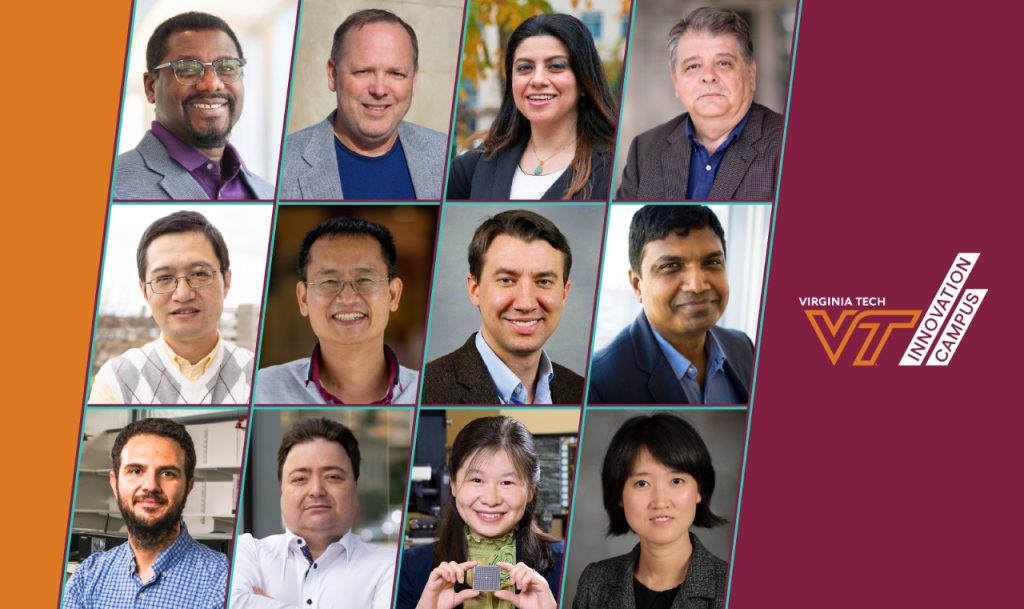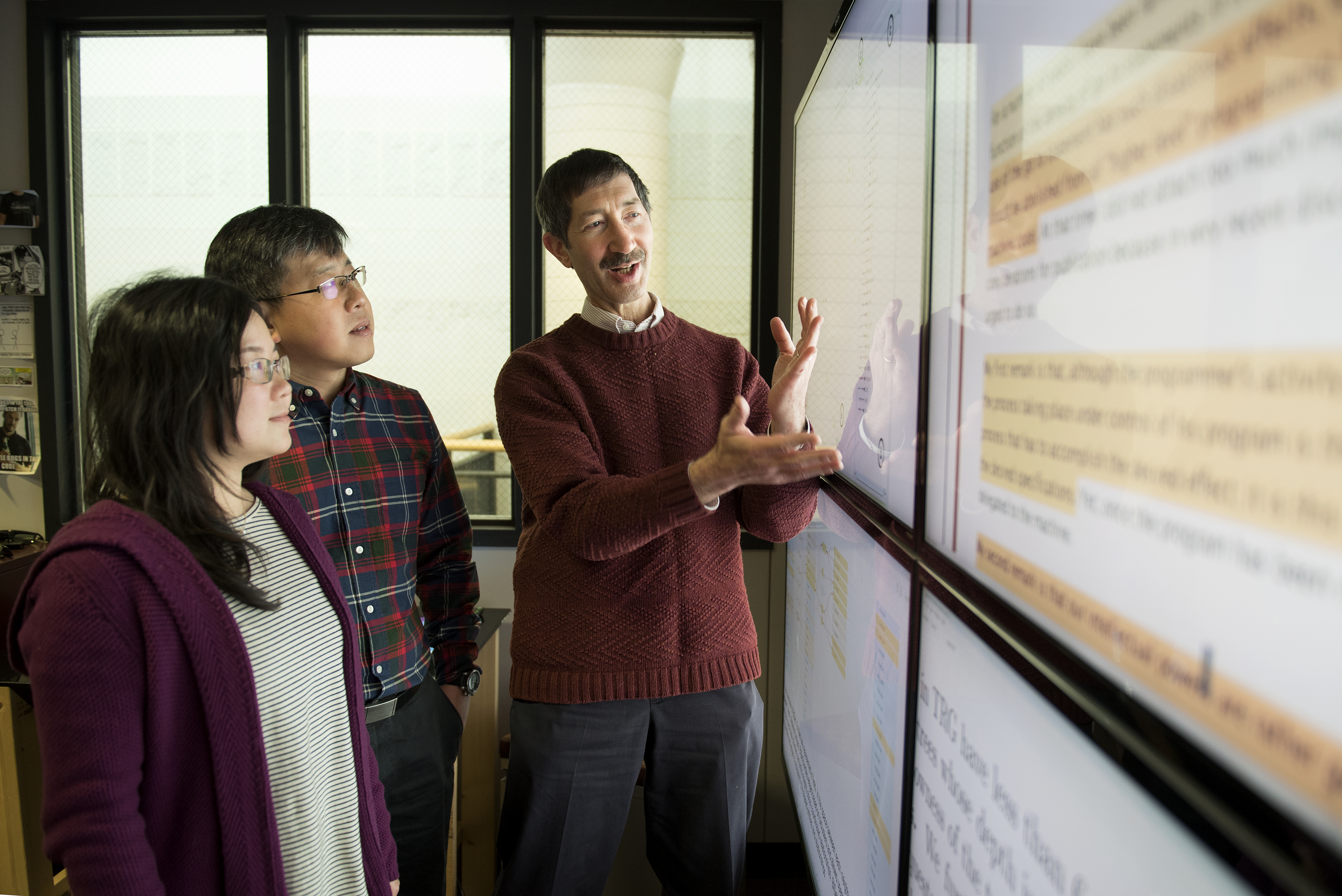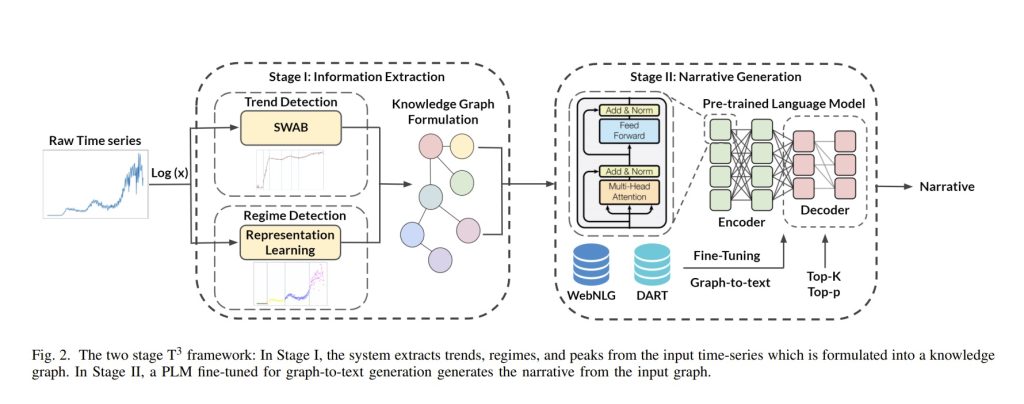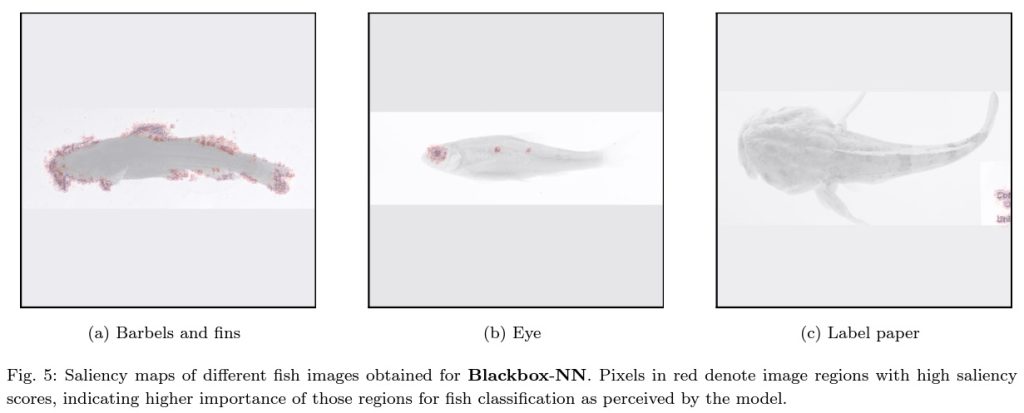Twelve Virginia Tech faculty join Innovation Campus

Twelve highly accomplished Virginia Tech faculty experts in computer science and computer engineering have formally affiliated with the Virginia Tech Innovation Campus in Alexandria. This first cohort of Innovation Campus faculty will play a vital role in shaping the new campus by helping to establish key research themes, enhancing the project-based curriculum, and developing the campus governance structure. Among these 12 experts are Naren Ramakrishnan, Thomas L. Phillips Professor of Engineering and director of the Sanghani Center for Artificial Intelligence and Data Analytics and center faculty Chang-Tien Lu, professor of computer science and director of the computer science program, Northern Virginia. Read more here.









